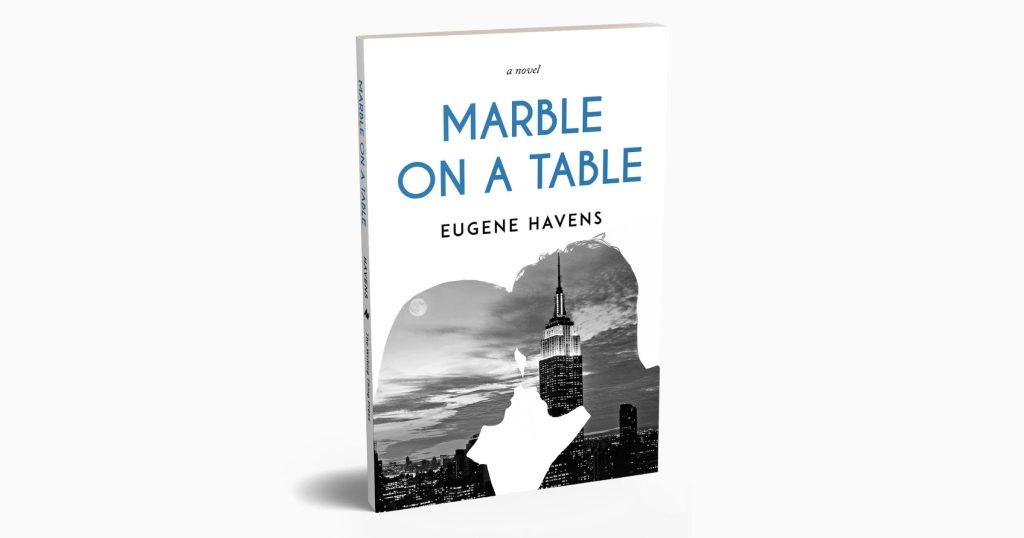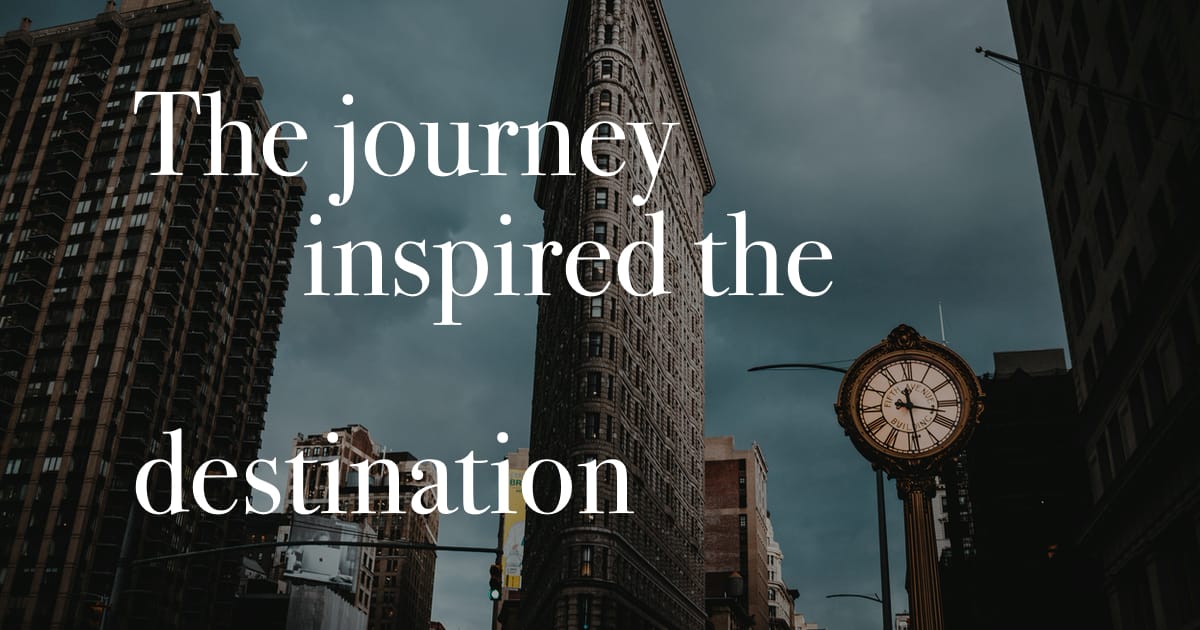A labor of love
How long should something take? In our speed-driven culture, it can be a sensitive question. If we take too long to make things happen, it can reflect poorly on us. After all, everything is done more quickly thanks to technology.
The writing of a story is not necessarily helped along by high tech. Sometimes, a burst of inspiration can lead to a fast result. Other times, a memorable narrative can take decades to achieve.
This book is the result of years of perseverance.
It took twenty years for me to write a debut novel, Marble on a Table. I don’t mind sharing the fact. This book is the result of years of perseverance. I believe the novel is stronger for the toil and trouble I went through. The discoveries the novel’s characters make mirror my own. Life is a labor of love.

Shifting sands
I can’t take all the credit for my novel requiring years to complete. Major changes in the publishing industry added a decade to my process. Not long after I began writing this novel back in 2000, New York publishing would go through a generational shift that contracted the industry. I rewrote my novel several times over the years to stay ahead of these changes. Ultimately, I saw it as an opportunity to put out the novel through my own literary press.
New York publishing would go through a generational shift that contracted the industry.
Just as I never envisioned my novel taking so long, I never considered representing it myself. I had earned an MFA in New York City. My standards for writing were those of New York publishers. I saw independent publishing as the easy way out. It wasn’t my path.
Only, the publishing world would change enough that an indie solution was the only realistic goal. I would follow a younger generation of writer and represent my own book, retain my copyright, put together my own company.
Half-way across
If you’ve ever started a big project, you know what happens. You get too far into it to quit, but you’re far from finished. When the publishing industry fell to the mighty smartphone, writers were caught in the middle. Those focused on getting published in New York got stuck half-way across the bridge.
I often wonder, would I have begun this book knowing all that I know now? This project was my top priority. I quit a high-pressure career to make more time to write. I put off life milestones like travel, and owning vs. renting. I wrote through all of my vacations. For a time, I postponed starting a family.
I had written this crazy book so many times for New York agents. Now I had to rewrite it for readers …
It’s the life of a writer. You work on something and hope there’s an audience. In my case, a few years of writing became five years, then ten, then longer. I had written this crazy book so many times for New York agents. Now I had to rewrite it for readers, as well as create a publishing business to represent it. Why continue to do something that’s not guaranteed to pay you back?
Learning a new language
I mentioned it took ten years to figure out the publishing side. What about the other ten years?
Prior to fiction, I wrote commercial media. It’s an ADD-style of writing meant to stop people in their tracks. With only a few seconds to get attention, you said something, anything; the faster, more clever and superficial, the better.
With fiction, you don’t try to impress readers (which is obnoxious). Instead, you befriend them. Readers want relatable characters, inventive settings, and deep themes. Commercial writing ingrained in me the need for constant revision, but it wasn’t narrative storytelling. It would take years of trial-and-error as I learned this new writing language. (Consequently, the number of serious writers emerging from commercial media is smaller than I thought.)
Something to share
There was only one reason to keep going, and it was to get this story down on paper. Rasmus and Alli’s unlikely love affair kept me focused when nothing seemed to be working. These characters convinced me.
The art I find transformative is worth more than what I paid for it.
Along the way, I learned that some pursuits can’t be properly calculated by time and money alone. The art I find transformative is worth more than what I paid for it. The people who wrote those books, made that music, shot those films traveled this same path. They dealt with uncertainty. I always admired these people. Now, circumstances asked me to walk that path to get the result I needed.
I believed this opposites-attract love story was worth bringing into the world. I didn’t envision the price being so high, but I began to see, it came with the job description. Art is worthless and priceless all at the same time.
Uncommon perspective
I think we look for artistic people to know something we don’t. Not because we think these people are better than us. Often, the lives of gifted artists show great struggles. But artistic expression usually isn’t worth our time if it says something we could have thought of ourselves. If art acts just like we do, if it has the same day-to-day viewpoints we have, it isn’t special.
If art acts just like we do, has the same viewpoints we have, it isn’t special.
How do you share something uncommon about life? You need to experience it yourself. You can’t give away something you don’t have. The process of pursuing art teaches you how to receive life in a different way. Uncertainty, which we try hard to avoid, becomes a common experience. Security is something you learn to live without. You get by without praise. You endure.
My novel is about two people who have important things in life taken away from them. They share a romantic attraction, but even that feels like it’s on borrowed time. How they move forward while holding onto costly ideals, and resisting the urge to give up, is what the novel is about. Whether they can change without losing themselves is a key question.
See what it’s about
If any of this resonates with you, then likely you have gone through a similar process. You have discovered that some intangible things are worth risking for. It’s the conclusion reached in my novel, Marble on a Table. To live for something greater than yourself is not safe.
If you’re interested in seeing the result of a long process, take a look at Marble on a Table: A Novel. The journey of writing helped me to create a story about setbacks, and the hope that you search for in uncertain times.






